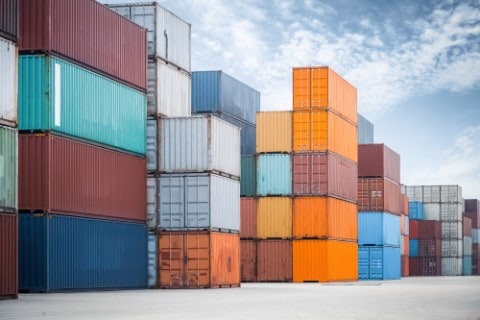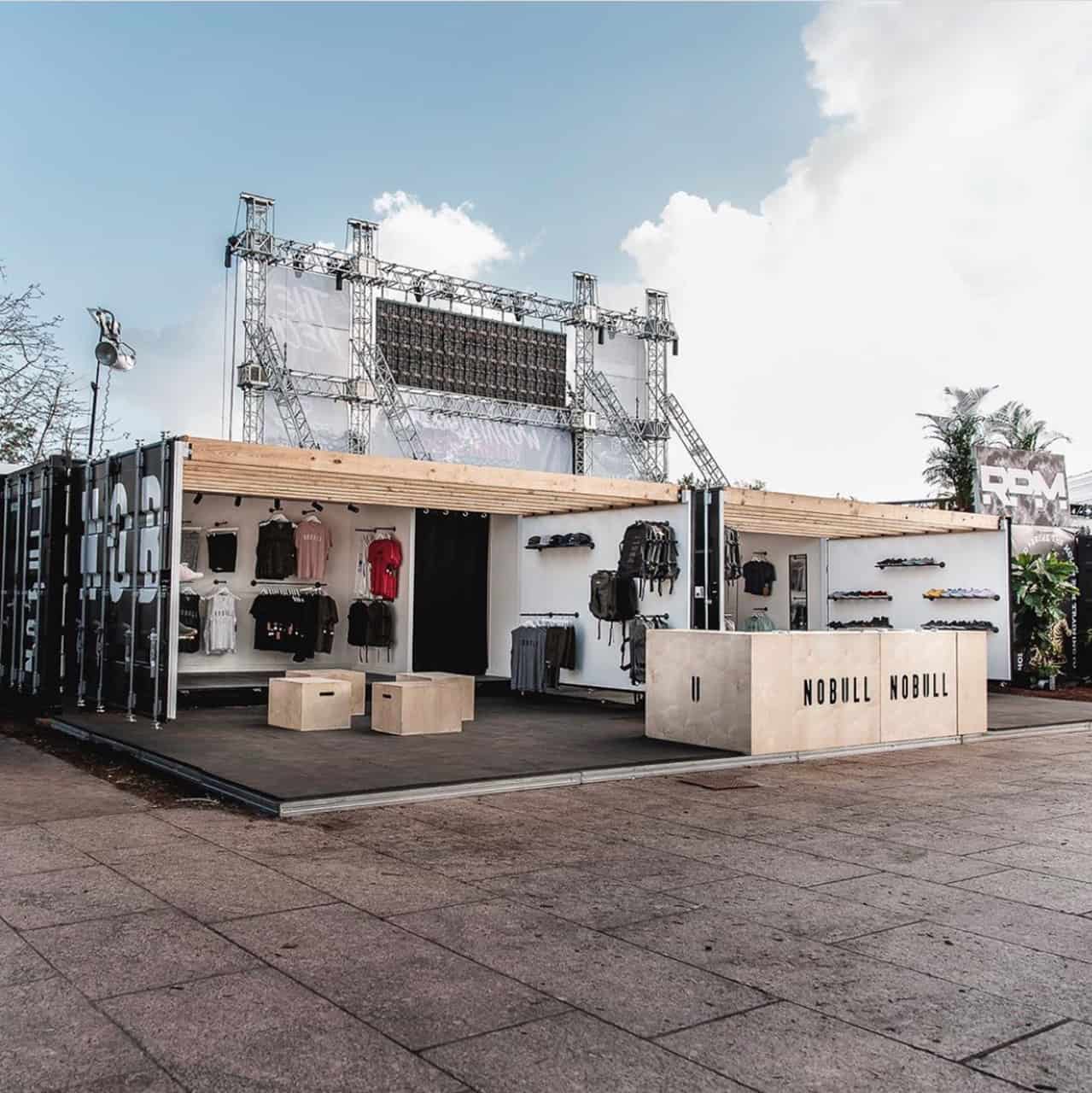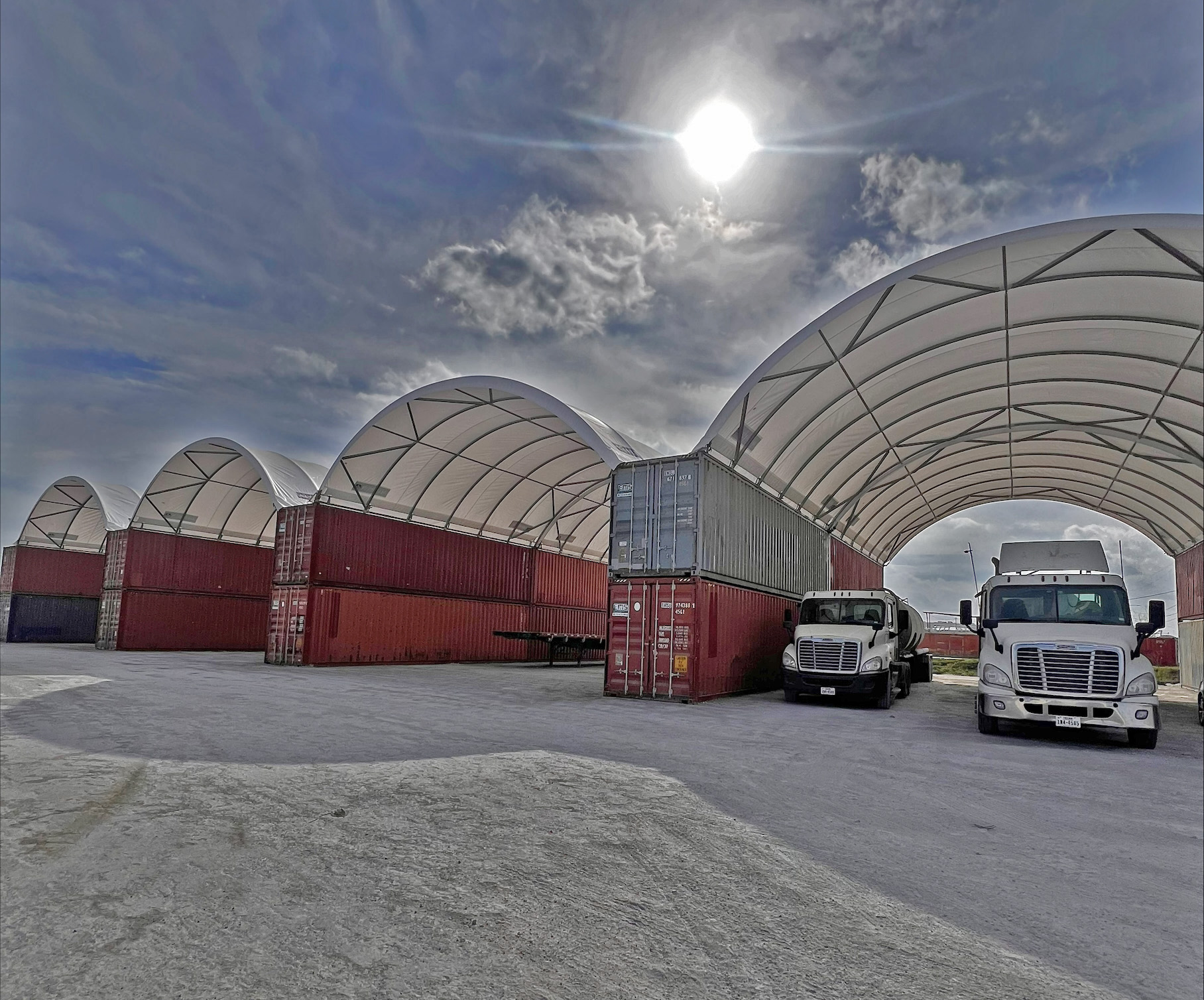The port of Houston is a thriving 25 miles of private and public docks that are used to transport 236 million tons of cargo. Thanks to this large volume, there are plenty of shipping containers available. If you are looking to buy, shopping for a Conex box for sale in Houston is a great idea! This rings true if your needs are for a brand new or used container.
There are a few things you need to look at though when you consider buying a particular container. Make sure you use this guide so that you end up with a high-quality container.
The Basics of Conex Containers
Conex shipping containers are large steel boxes that are used to ship a large amount of cargo. In recent years they have also become popular as a building material. They come in two standard lengths of 20 or 40 feet. The standard height is 8 feet 6 inches. The standard width is 8 feet. You may find some containers that are referred to as “high cube”. These containers are 9 feet 6 inches
1. The Roof
Walk inside the container and look up at the roof. If you see sunlight coming through then the roof has started to corrode. The container is no longer watertight. You should also climb a ladder and take a look at the roof on the outside of the container. Are there any dents or low spots where water will collect? If the container isn’t rusting yet, these are the spots where it will one day.
2. The Floors
You don’t want to buy a container that has rotting floors. This goes for both containers intended for shipping and building. The majority of containers will have a steel floor but some will have a wood floor. With the steel floors, you will need to check for rust. If the floor is wood you will need to check that it hasn’t rotted away.
3. The Doors
Open the doors and make sure they swing open and closed smoothly. Check the latching mechanism to make sure that it works the way that it should. The most common place for corrosion and rust is at the bottom of the door.
4. The Height
Will the standard height work for your needs or does your cargo require you to buy a high cube? If you are shipping large equipment then the high cube may be necessary. Otherwise, stick with the standard height.
5. Is It Insulated?
If your cargo needs temperature regulation then you will want your container to have insulation. Otherwise, you risk your cargo being subjected to extreme hot and cold temperatures. If you are planning on building with your container, you will need to check your local codes for requirements on insulation and wiring. You may find that an uninsulated container gives you more space and freedom.
6. Delivery
Where do you need your container to be located? If you are going to use your container for shipping purposes, you will most likely want it at the port. This way you can have it loaded and ready for transport. If you are planning on building with your container then you will want it delivered to your property. Ask your container seller if they are willing to deliver after making any necessary repairs or modifications.
7. The Length
What length is going to work for your needs? If you are planning on using your container for shipping, you will want to stick with the standard 20 and 40-foot lengths. Which one you choose will depend on the cargo you intend to transport. Both lengths tend to have a similar weight limit. Because of this, if your cargo is heavy it is better to fill a 20-foot container then have a half empty 40-foot container.
If you are planning on building with your container then you have a bit more freedom with the length. Both lengths are going to cost the same for delivery. You will probably be happy with the longer length as it will give you double the square footage. Keep in mind that it is easier to trim some off a container that is too long than build onto one that is slightly too short.
8. Is It Legal?
When it comes to shipping your container, it must be certified. Otherwise, you risk rejection at the port.
Look for the CSC plate on the container. It will state key information about your container including:
- Container model
- Manufacturer name & serial number
- Manufacture date
- Fumigation details
- Owner name and address
- Approval number
- Container number
- Max operating gross mass
- Allowable stacking weight
- ACEP number
If you are planning on using your container for building you need to check with the local building codes first. You need to make sure that your home or office will be legally inhabitable upon completion.
9. Is There a Funky Smell
Walk inside the container and take a whiff. What do you smell?
It may smell like paint, pesticides, or remnants of past cargo. This may not be a big deal if you plan to ship well-packaged cargo.
But what if you are planning to build with it? Can you get rid of the smell? Are you especially sensitive to smells that it will always bother you?
Conex Box for Sale in Houston
Whatever your intended use, you need to keep these 9 factors in mind when looking for a Conex box for sale in Houston. You may find a good deal on a container, but quickly discover that it is in terrible condition.
Keep in mind that if the damage or rust is minor, you may be able to repair the container. We can help you determine the feasibility and cost of repair. We can also help you find the right container for your needs.
Contact us today to get a quote for your Conex box.










